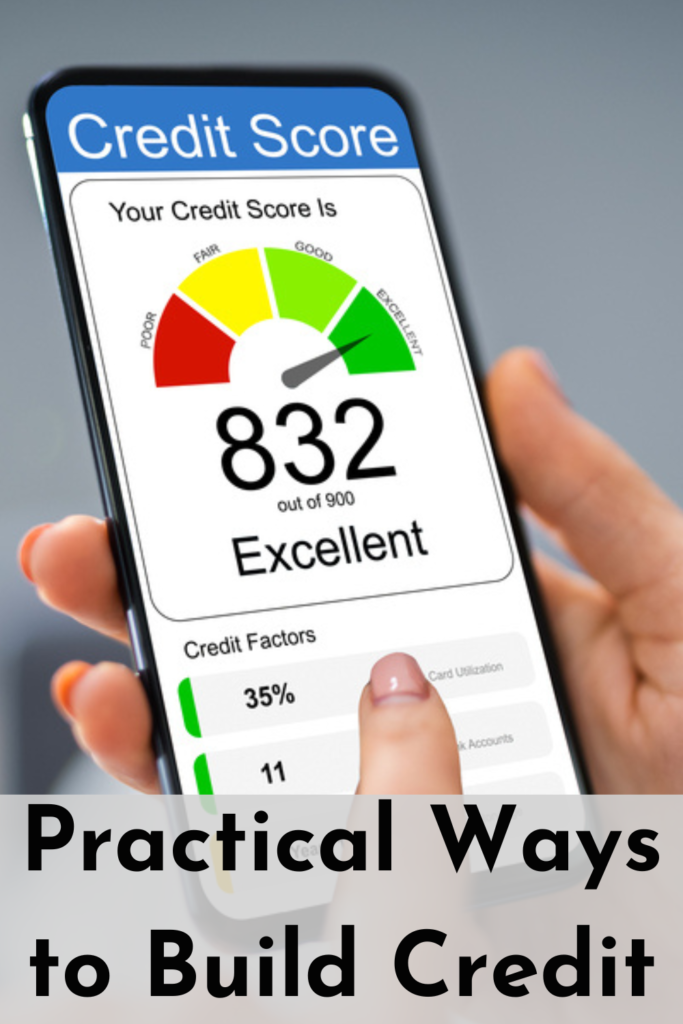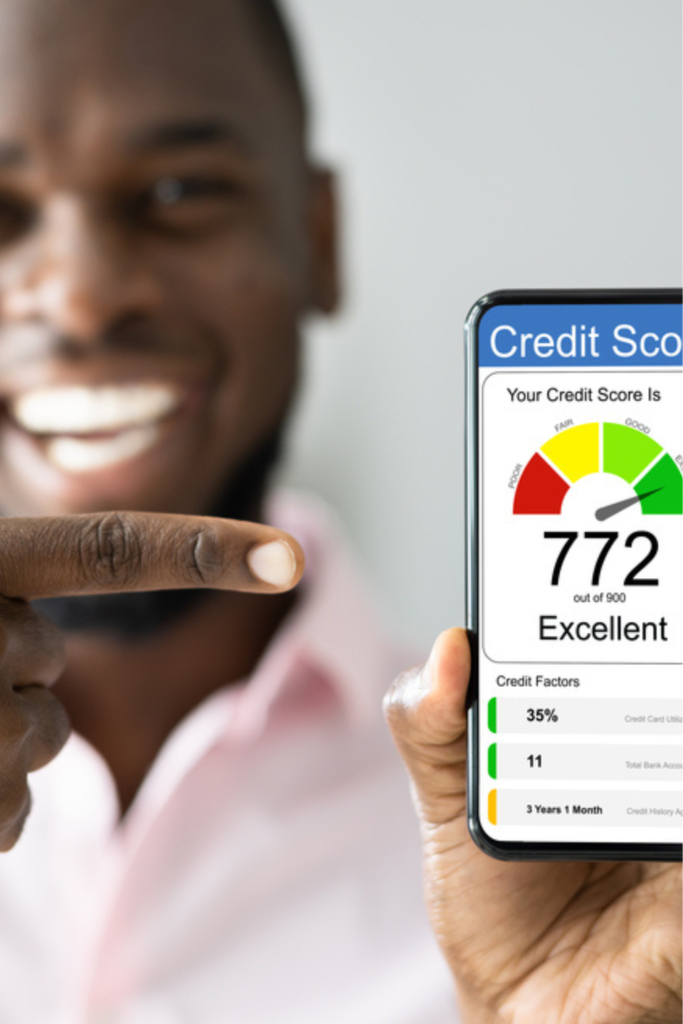In this blog post, we’ll explore ten practical ways to build credit effectively and responsibly. Your credit score is a powerful financial tool, shaping your access to loans, housing, and favorable interest rates.

Whether you’re learning how to build credit for the first time or working to rebuild your credit, understanding how to build a solid credit history is essential.
This post is all about Practical Ways to Build Credit.
Here are 10 Practical Ways to Build Credit
1. Open a Secured Credit Card
Learning how to build credit for the first time? Consider a secured credit card. You’ll provide a security deposit, which sets your credit limit. Use the card responsibly by making timely payments, and you’ll begin building a positive credit history. Over time, you may qualify for an unsecured credit card.
2. Become an Authorized User
If you have a trusted friend or family member with a good credit history, ask if you can become an authorized user on one of their credit card accounts. Responsible credit use on their part can positively impact your credit report. Ensure the card issuer reports authorized user activity to the credit bureaus.
3. Apply for a Credit Builder Loan
Credit builder loans are tailored for individuals looking to establish or rebuild their credit. With these loans, you’ll make small, manageable payments over a set term, and the loan amount is released to you only after it’s fully paid off. Timely payments are reported to the credit bureaus, helping boost your credit score.
4. Pay Your Bills on Time
Your payment history plays a pivotal role in your credit score. Punctuality is key – make sure all your bills, from credit cards and loans to rent and utilities, are paid on time. Consistent on-time payments serve as a testament to your reliability to potential creditors.
5. Monitor Your Credit Report
Regularly checking your credit report helps ensure that it accurately reflects your credit history. You’re entitled to one free credit report annually from each major credit bureau. Reviewing your report keeps you informed and helps spot and rectify any errors.

6. Keep Credit Card Balances Low
Credit utilization, or the amount of credit you use in relation to your credit limit, impacts your credit score. Strive to keep your credit card balances below 30% of your credit limit. High utilization can negatively affect your score. This right here is the key on how to increase credit score quickly.
7. Diversify Your Credit Mix
While you don’t need every type of credit, managing a variety of credit accounts can have a positive effect on your credit score. This can include credit cards, installment loans, and retail accounts. Diversifying your credit mix demonstrates your ability to manage various types of credit responsibly.
8. Build a Solid Employment History
Maintaining steady employment and income can showcase financial stability to creditors. A consistent job history and reliable income are valuable factors in qualifying for credit.
9. Avoid Applying for Too Much Credit
Each time you apply for a new credit account, a hard inquiry is made on your credit report. An excessive number of inquiries in a short time can negatively impact your credit score. Be selective when seeking new accounts and apply only when necessary.
10. Be Patient and Stay Committed
Building credit is a gradual process. It takes time to establish a robust credit history. Keep a commitment to responsible financial practices, and avoid actions that can harm your credit, such as late payments or excessive debt.
Building credit is an essential part of your financial journey. By following these practical tips and maintaining responsible financial habits, you can establish a strong credit history that opens doors to better financial opportunities and stability. Remember, building good credit takes time, so be patient and stay committed to your financial goals.




[…] 10 Practical Ways to Build Credit […]